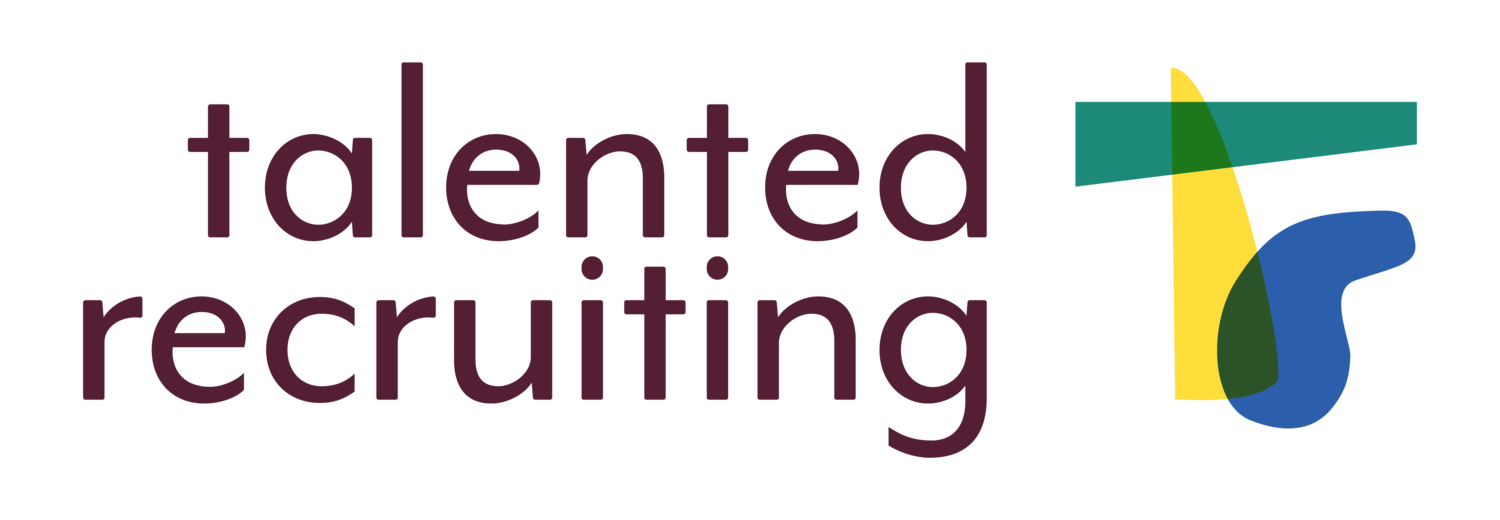Job interviews are a painful process for applicants, but not many people realize they can be pretty painful for recruiters and HR too. I love meeting new people, which is one of the reasons I love my job, but I’m not perfect (yet!) at the craft of conducting the mighty, feared job interview! But after years of honing my skill, I’m not a deer caught in headlights either. Here are five mistakes I know to avoid while in the interview process, and you should too!
Lack of prep. Every piece of advice on interviewing tells the candidate to prepare. And the interviewer will certainly notice if they don’t, and give them a big red strike! But not too many people remind the interviewer that we have to do the same. You can’t walk into every interview the same way - some candidates know the ropes, some don’t. Some have experience, many don’t. There are candidates you know you’re going to want in your arsenal, and there are others you have to evaluate first. The ball isn’t completely in your court; you have to sell the position almost as much as the candidate does themselves if you have a really hot match. An unprepared candidate risks losing a job opportunity, but in a way the recruiter has more at stake - the candidate you drop the ball on might be highly sought after and perfect for a few different roles you need to fill. Your client may need that client - you wouldn’t know which one you can “wing it” through and which one needs wining and dining, because you didn’t prepare in the first place! Treat all candidates equally when it comes to prep time.
Veering off track during the interview. There’s nothing wrong with small talk. I genuinely enjoy talking about the weather or what I did over the weekend. Small talk relaxes both parties and helps you get to know the candidate a little better, establishing a relationship for the benefit of both of you. But be careful - the interview process is delicate, and you don’t want to ask for any information that might be considered confidential. The candidate would need to volunteer it and you have to ensure it won’t affect your hiring process. Topics to steer clear of at this particular stage include (but aren’t limited to) family, religion, age, and health.
Keeping the interview too brief. Cutting short the interview is a HUGE no-no, and there’s a danger of it with any busy recruiter. In a short time you can’t judge the candidate’s responses and behavior, and a candidate who gets left in the pile of resumes when you choose someone else may blame you because you didn’t take time with them. Worse - they might be right. A candidate who shows up late to the appointment is a whole other story entirely, but as the recruiter, make sure you show up on time and make sure you stay engaged until the end, without appearing to rush the other person.
Rudeness. There are a lot of different behaviors that come off as impolite, and most of know not to cross those lines of propriety - keep your feet off your desk, don’t play Candy Crush while the candidate is in the room, don’t burp, don’t comment on how much you hate the candidate’s shoes. Those are some shocking examples but I use them to illustrate with a little levity what we know not to do. It’s surprisingly common though for a hiring manager to be brusque and fire off questions like an interrogation. This is usually because the person is understandably rushed, and oftentimes we don’t even realize we’re doing it. But the effect is that the candidate shuts down. It’s a waste of everyone’s time to go into an interview like this and may lead to much bigger problems of accusations of unfair treatment down the road. Not only is this extremely impolite, but it usually means you have either already decided against the candidate - violating other rules here - or you’ll have the candidate rule you out, or you’ll miss the ability to uncover valuable hidden assets and talents from the now ex-candidate.
Don’t be quick to judge. Not all candidates are good at talking about themselves. If you get the impression the interviewee is shy or nervous, put them at ease. Some also know they’re darn good at what they do but they’ve been taught a little humility - confidence is great and it’s ideal for the interview, but some people can’t shake the ingrained for decades notion that we can’t brag about ourselves. Make a rule not to choose the candidate today. Complete the process and reflect on everyone you meet. That’s a bummer for the Type-A, rushed recruiter who wants to close today, but it means you’ll actually close and do it well, taking far less time and bringing in more leads for the future.
Interviewing is an art form - recruiters training candidates will say this over and over. We have to remember it’s an art from our side too. It takes practice and trial and error, some research, and dedication - and not a little natural talent and inclination to enjoy people. If you’re a veteran you know how frustrating it can be and that may make you rush too. Take it slow, steady, and gain more in the long run.

